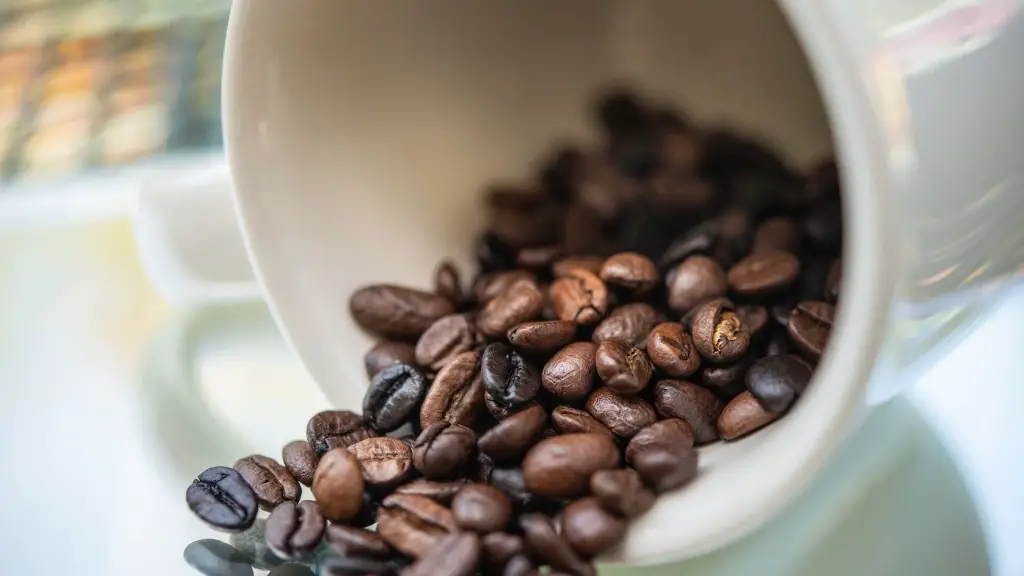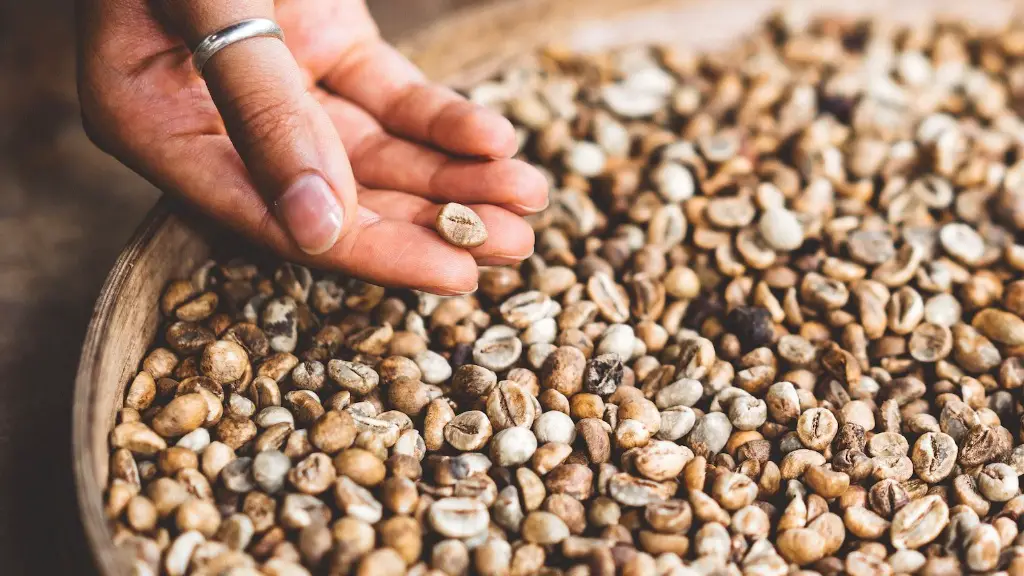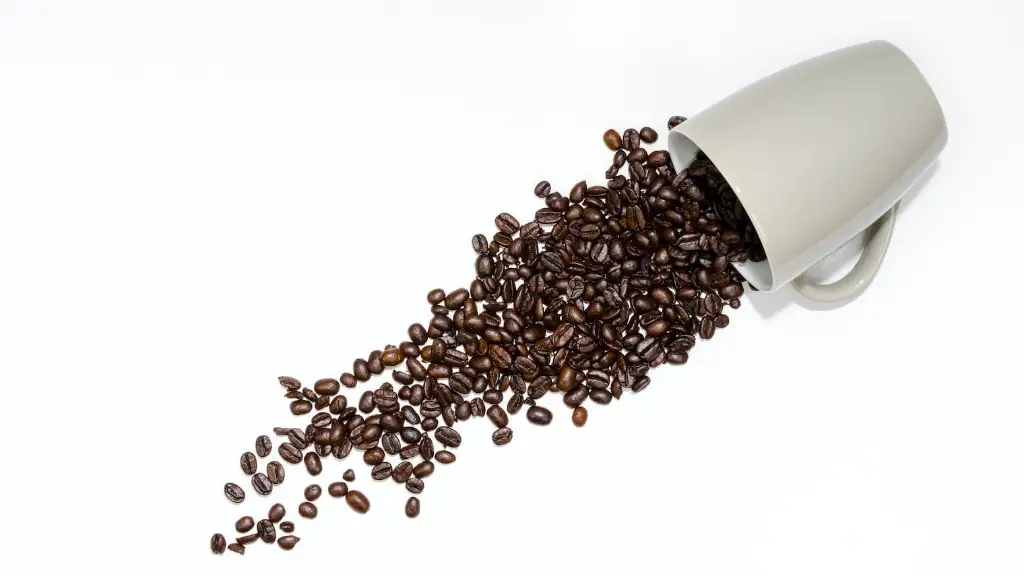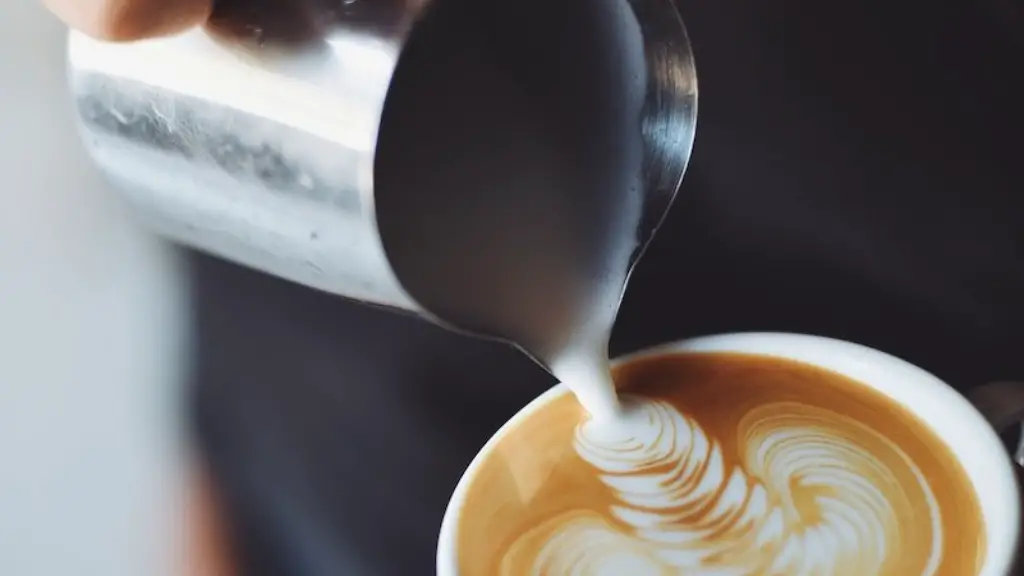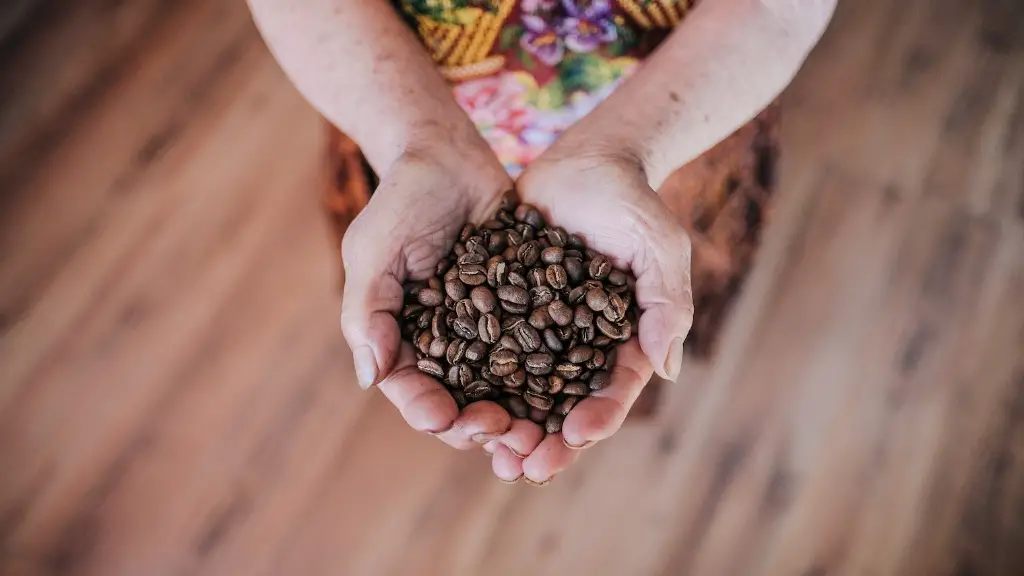Coffee is an integral part of many cultures around the world and people often enjoy drinking coffee after dinner.
This can be for a variety of reasons, ranging from health benefits to simply enjoying the taste.
Coffee contains antioxidants which may help reduce inflammation, improve digestion and even lower the risk of certain diseases.
Caffeine also provides a natural energy boost that can help people stay alert and focused during activities after dinner. It also tastes great with desserts like cakes or ice cream.
Additionally, some people find that having a cup of coffee after dinner helps to create a cozy atmosphere and adds a social element to the evening. This can be especially beneficial if you are having dinner with friends and family.
All in all, drinking coffee after dinner is an enjoyable experience for many individuals, offering both physical and mental benefits.
Caffeine Content in Coffee
Coffee is a popular beverage consumed around the world, and one of its key components is caffeine. Caffeine is the main stimulant found in coffee, and it can range from 95-200 milligrams per 8-ounce cup. It is this stimulant that gives coffee drinkers the energy boost they crave. Caffeine also has a mild diuretic effect, meaning it increases urination. It can also increase heart rate, alertness, and metabolism.
Many people drink coffee after dinner for a number of reasons. For some, it’s to help them stay awake and alert for a few more hours. For others, it’s to ward off drowsiness or to help with digestion after a big meal. Regardless of the reason, drinking coffee after dinner can be beneficial because of its stimulating effects and because it can help reduce bloating that may occur after eating a large meal.
In addition to providing energy and helping digestion, caffeine may have other health benefits as well. Studies have linked moderate amounts of caffeine to improved mental alertness and improved cardiovascular health. It has also been linked to reduced risk of certain diseases such as Alzheimer’s disease, Parkinson’s disease, and certain types of cancer. However, it is important to note that too much caffeine can cause negative side effects such as anxiety or insomnia.
Alternatives to Drinking Coffee After Dinner
It is common to enjoy a cup of coffee after a meal, however there are many alternatives that may be just as enjoyable. For those who don’t want the caffeine boost, herbal tea is a great option. There are many varieties of herbal tea that can provide health benefits, such as chamomile tea which can help with sleep and digestion. For those who want something sweet and creamy, try making a hot chocolate or latte with non-dairy milk. Or you could opt for a warm glass of apple cider which is full of antioxidants. If you’re looking for something with a bit more punch, try making some mulled wine with spices such as cinnamon and nutmeg. Whatever you choose, these alternatives to drinking coffee provide delicious and warming options for after dinner.
Different Ways to Enjoy Coffee After Dinner
Coffee is a popular beverage that people enjoy in the evening, especially after dinner. Drinking coffee after dinner can be a great way to wind down and relax. It also helps to improve digestion and can give you a boost of energy when needed. There are many ways to enjoy coffee after dinner, such as adding cream or sugar, brewing it with different flavors or spices, or making it into specialty drinks like cappuccino or latte. Adding some flavored syrups can also provide a unique flavor experience. For those who prefer an extra kick, adding some liqueur can bring an extra layer of richness and complexity to the drink.
For those who don’t like the taste of black coffee, mixing it with milk or cream can give it a smooth and creamy flavor. Adding some spices such as cinnamon or nutmeg can create a warm and cozy feeling for your cup of joe. You could also try adding different flavors of syrup such as chocolate, caramel, or butterscotch to your coffee for an even more indulgent treat. If you’re looking for something more intense than coffee alone, then why not try making an espresso martini? This delicious cocktail combines espresso with vodka and other liqueurs for a truly decadent evening treat.
No matter how you enjoy your cup of coffee after dinner, it’s sure to be enjoyable and relaxing experience. From simple black coffee to specialty drinks and beyond, there are plenty of ways to savor the flavor of this beloved beverage any time of day!
Reasons Behind the Popularity of Drinking Coffee After Dinner
Coffee after dinner has become a popular trend among many individuals, and there are several reasons why people choose to drink coffee following their meal. The caffeine in coffee helps to increase alertness and can help with digestion, making it an ideal post-dinner beverage. Additionally, the warmth of a cup of coffee can be very comforting after eating, providing a pleasant way to relax. Furthermore, some studies have suggested that drinking coffee may reduce the risk of certain health conditions such as diabetes and heart disease.
It is also important to note that drinking coffee after dinner can be an enjoyable experience, allowing individuals to savor the flavor of the drink and enjoy conversation with friends. Additionally, the ritualistic act of drinking coffee can be seen as a reward for completing a meal, providing a sense of satisfaction and accomplishment.
Overall, people enjoy drinking coffee after dinner for its many benefits and pleasant taste. It is no surprise that this trend has become so popular throughout recent years.
Side Effects of Drinking Coffee After Dinner
Drinking coffee after dinner is a popular practice, as it can help provide a boost of energy and alertness, but it can also have some negative side effects. Caffeine is a stimulant that can interfere with sleep, leading to fatigue, irritability, and difficulty concentrating the next day. Additionally, drinking coffee late in the evening can cause digestive distress such as heartburn or indigestion due to the acidic nature of coffee. Consuming caffeine too close to bedtime may also lead to insomnia. Finally, consuming too much caffeine late in the day can make it difficult for people to relax and wind down for the night.
Although these side effects are possible, there are some ways to minimize them. People should limit their intake of coffee after dinner to one cup and should avoid drinking caffeinated beverages close to bedtime. Additionally, opting for decaffeinated options may be beneficial.
How to Determine the Right Amount of Coffee After Dinner
Drinking coffee after a meal may help with digestion, as it can help move food along in the digestive tract. It can also provide an energy boost, while also helping you stay awake if you’re feeling tired. However, it’s important to consider how much coffee is right for you after dinner. Too much caffeine late at night can disrupt sleep patterns, which can lead to fatigue and lack of focus during the day. It’s best to limit your coffee intake to one cup per day.
When drinking coffee after dinner, try not to add too much sugar or cream. These additions contain extra calories and may lead to more health problems in the long run. Instead, try using non-dairy milk or stevia as natural sweeteners that won’t add calories or sugar. If you are looking for a stronger taste, try adding cardamom or cinnamon for extra flavor without additional sugar.
Drinking coffee after dinner is a personal decision and everyone’s body reacts differently. It’s best to experiment with different amounts and ingredients until you find what works best for you. By being mindful of your body and its needs, you can make sure that your coffee consumption is beneficial rather than detrimental to your overall health and wellbeing.
Wrap Up
Coffee is a popular beverage to enjoy after dinner for many reasons. It contains caffeine, which can help improve alertness and energy levels. Coffee is also known for its rich aroma and flavor, which can add to the enjoyment of a meal. Additionally, coffee may be used as a social tool to extend the conversation after dinner. To sum it up, people drink coffee after dinner because of its stimulating effects, delicious taste, and social benefits.
